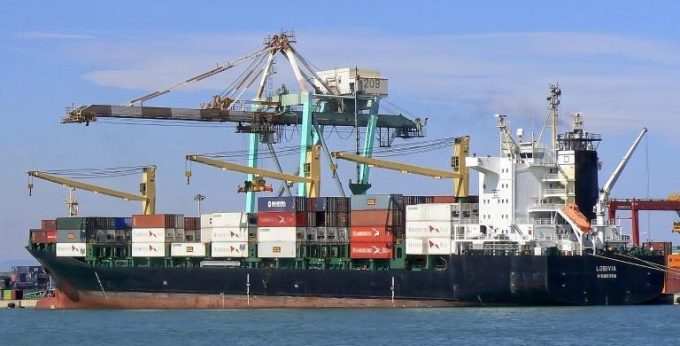Resumption of Suez transits in doubt after return of Red Sea hostilities
Hope for a resumption of Suez Canal transits by container lines were dented over the ...

Concerns are mounting that the arena of operations for Houthi strikes against commercial shipping in the Red Sea has expanded, following a series of further attacks at the weekend.
After the Iran-backed militia struck Tel Aviv on Friday, killing one person and wounding at least 10, the Israeli military responded with airstrikes against Yemen’s port city of Hodeidah that left three dead and more than 90 injured. This, in turn, prompted a failed retaliatory attack on Eilat that ...
Volcanic disruption at Anchorage could hit transpacific airfreight operations
Shippers snap up airfreight capacity to US ahead of tariff deadline
Forwarders stay cool as US 'liberation day' tariffs threaten 'global trade war'
New price hikes may slow ocean spot rate slide – but for how long?
Tighter EU import requirements proving 'a challenge' for forwarders
Supply chain delays expected after earthquake hits Myanmar
Looming Trump tariffs will create 'a bureaucratic monster' for Customs

Comment on this article